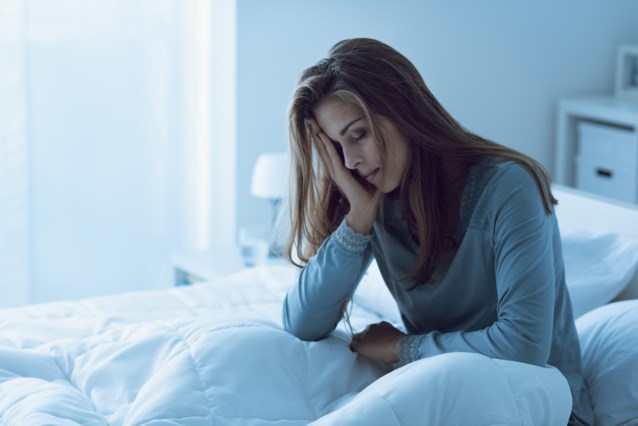Is an evening of watching television on the couch the ultimate form of relaxation for you? Then this habit could disrupt your night’s sleep. Researchers have discovered that ‘couch sitters’ have to get up more often to urinate, as can be read in the journal Neurourology and Urodynamics.
A team of Chinese scientists examined data from the American National Health and Nutrition Examination Survey. That study ran from 2011 to 2016 and included a total of 13,294 adults. The researchers found that 32 percent of respondents suffered from nocturia: the need to urinate two or more times a night.
They investigated whether this phenomenon was linked to the age, gender, BMI, cultural background, education level or general health of the individuals, but in their search they came to a different conclusion. The risk of nocturia appears to be 48 percent higher in people who watch five hours (or more) of television per day compared to those who spend less than an hour in front of the TV.
The scientists say that watching TV for a long time (read: little exercise) is linked to an increased risk of developing type 2 diabetes. The lifestyle disease is a risk factor for nocturia. Sedentary behavior in itself leads to more fluid accumulation in the legs, which can also result in nighttime urination. “Moreover, watching TV is usually accompanied by consuming a drink, which leads to an increased fluid intake,” the researchers conclude.
The study is receiving some opposition. “Did the people have to get out of bed more often at night to urinate because they watched television all day, or did they watch television all day because of other factors and then simply go to the toilet more often? This question remains unanswered in this study,” underlines James Catto, affiliated with the National Institute for Health and Care Research in Great Britain. The expert concludes that nighttime urination occurs frequently in the elderly due to functional changes of the lower urinary tract and that it is not necessarily a cause for concern. If it worries you, it is better to consult a doctor.


